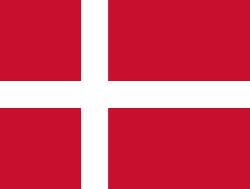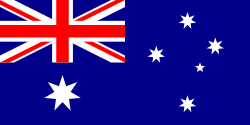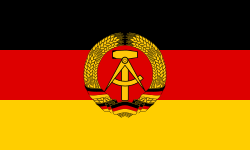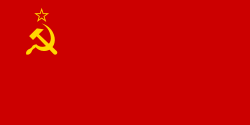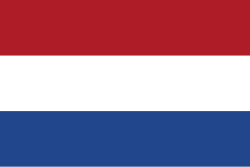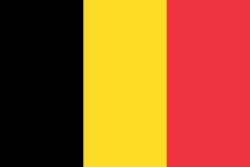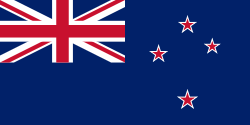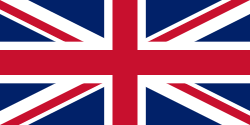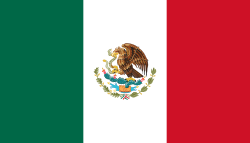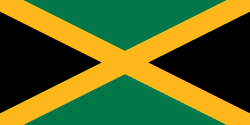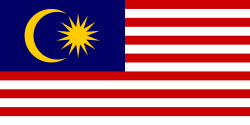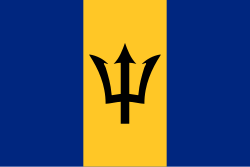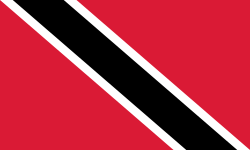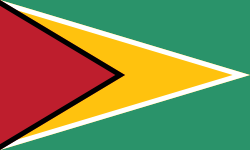Herrarnas tempolopp i bancykling vid olympiska sommarspelen 1972
| Cykling vid olympiska sommarspelen 1972 | ||||
|---|---|---|---|---|
| Landsvägscykling | ||||
| Linjelopp | Herrar | |||
| Tempolopp lag | Herrar | |||
| Bancykling | ||||
| Individuell förföljelse | Herrar | |||
| Lagförföljelse | Herrar | |||
| Sprint | Herrar | |||
| Tempolopp | Herrar | |||
| Tandem | Herrar | |||
Herrarnas tempolopp i bancykling vid olympiska sommarspelen 1972 ägde rum den 31 augusti 1972 i München.
Medaljörer
| Event | Guld | Silver | Brons |
| Herrarnas tempolopp | Danmark | Australien | Östtyskland |
Resultat
| Placering | Cyklist | Tid | Genomsnittlig hastighet (KM/H) |
|---|---|---|---|
| 1:06.44 | 54.184 km/h | ||
| 1:06.87 | 53.835 km/h | ||
| 1:07.02 | 53.715 km/h | ||
| 4. | 1:07.21 | 53.563 km/h | |
| 5. | 1:07.22 | 53.555 km/h | |
| 6. | 1:07.55 | 53.293 km/h | |
| 7. | 1:07.71 | 53.167 km/h | |
| 8. | 1:07.73 | 53.152 km/h | |
| 9. | 1:07.80 | 53.097 km/h | |
| 10. | 1:07.85 | 53.058 km/h | |
| 11. | 1:08.09 | 52.871 km/h | |
| 12. | 1:08.56 | 52.508 km/h | |
| 13. | 1:08.78 | 52.340 km/h | |
| 14. | 1:08.94 | 52.219 km/h | |
| 15. | 1:09.03 | 52.151 km/h | |
| 16. | 1:09.10 | 52.098 km/h | |
| 17. | 1:09.45 | 51.835 km/h | |
| 18. | 1:09.72 | 51.635 km/h | |
| 19. | 1:09.96 | 51.457 km/h | |
| 20. | 1:10.00 | 51.428 km/h | |
| 21. | 1:10.30 | 51.209 km/h | |
| 22. | 1:10.48 | 51.078 km/h | |
| 23. | 1:10.86 | 50.804 km/h | |
| 24. | 1:11.54 | 50.321 km/h | |
| 25. | 1:12.53 | 49.634 km/h | |
| 26. | 1:12.64 | 49.559 km/h | |
| 27. | 1:14.05 | 48.615 km/h | |
| 28. | 1:15.39 | 47.751 km/h | |
| 29. | 1:16.27 | 47.200 km/h | |
| 30. | 1:20.31 | 44.826 km/h | |
| — | DNS | — | |
| — | DNS | — |
Referenser
Externa länkar
| ||||||||
Media som används på denna webbplats
Pictograms of Olympic sports - Cycling (road). This is unofficial sample picture. Images of official Olympic pictograms for 1948 Summer Olympics and all Summer Olympics since 1964 can be found in corresponding Official Reports.
Pictograms of Olympic sports - Cycling (road). This is unofficial sample picture. Images of official Olympic pictograms for 1948 Summer Olympics and all Summer Olympics since 1964 can be found in corresponding Official Reports.
Olympic Rings without "rims" (gaps between the rings), As used, eg. in the logos of the 2008 and 2016 Olympics. The colour scheme applied here was specified in 2023 guidelines.
Olympic Rings without "rims" (gaps between the rings), As used, eg. in the logos of the 2008 and 2016 Olympics. The colour scheme applied here was specified in 2023 guidelines.
Flag of Second Polish Republic and later People's Republic of Poland in period from March 29, 1928 to March 10, 1980. Red shade used here is HTML "vermilion" #E34234. Proportion 5:8.
Flag of Second Polish Republic and later People's Republic of Poland in period from March 29, 1928 to March 10, 1980. Red shade used here is HTML "vermilion" #E34234. Proportion 5:8.
Författare/Upphovsman: Scroch, Licens: CC BY-SA 3.0
Flag of Bulgaria (1971-1990). Flag of Bulgaria with Bulgarian coat from 1971.
Författare/Upphovsman: Scroch, Licens: CC BY-SA 3.0
Flag of Bulgaria (1971-1990). Flag of Bulgaria with Bulgarian coat from 1971.
The civil ensign and flag of Belgium. It is identical to Image:Flag of Belgium.svg except that it has a 2:3 ratio, instead of 13:15.
Kanadas flagga, införd 1965; denna version med Pantone‐nyanser. Nuvarande utformning ersatte den tidigare kanadensiska Red Ensign.
Variant version of a flag of Japan, used between January 27, 1870 and August 13, 1999 (aspect ratio 7:10).
Variant version of a flag of Japan, used between January 27, 1870 and August 13, 1999 (aspect ratio 7:10).
The national flag of Kingdom of Thailand; there are total of 3 colours:
- Red represents the blood spilt to protect Thailand’s independence and often more simply described as representing the nation.
- White represents the religion of Buddhism, the predominant religion of the nation
- Blue represents the monarchy of the nation, which is recognised as the centre of Thai hearts.
Flag of Jamaica. “The sunshine, the land is green, and the people are strong and bold” is the symbolism of the colours of the flag. GOLD represents the natural wealth and beauty of sunlight; GREEN represents hope and agricultural resources; BLACK represents the strength and creativity of the people. The original symbolism, however, was "Hardships there are, but the land is green, and the sun shineth", where BLACK represented the hardships being faced.
Chinese Taipei Olympic Flag. According to the official website of Chinese Taipei Olympic Committee, Blue Sky(circle) & White Sun(triangles) above the Olympic rings is neither the National Emblem of the Republic of China, nor the Party Emblem of Kuomintang (KMT), but a design in between, where the triangles do not extend to the edge of the blue circle, as registered at International Olympic Committee in 1981 and digitally rendered in 2013. Besides, the blue outline of the five-petaled plum blossom is broader than the red one. Moreover, the CMYK code of the blue one and the Blue Sky & White Sun is "C100-M100-Y0-K0", and different from the Olympic rings (C100-M25-Y0-K0). Note that it's the only version recognized by IOC.
Författare/Upphovsman: Hammersfan, Licens: CC BY-SA 3.0
Last colonial flag of the Bahamas
Pictograms of Olympic sports - Cycling (track). This is unofficial sample picture. Images of official Olympic pictograms for 1948 Summer Olympics and all Summer Olympics since 1964 can be found in corresponding Official Reports.
Flag of the Libyan Arab Republic (1969-1972)
Trinidad och Tobagos flagga



